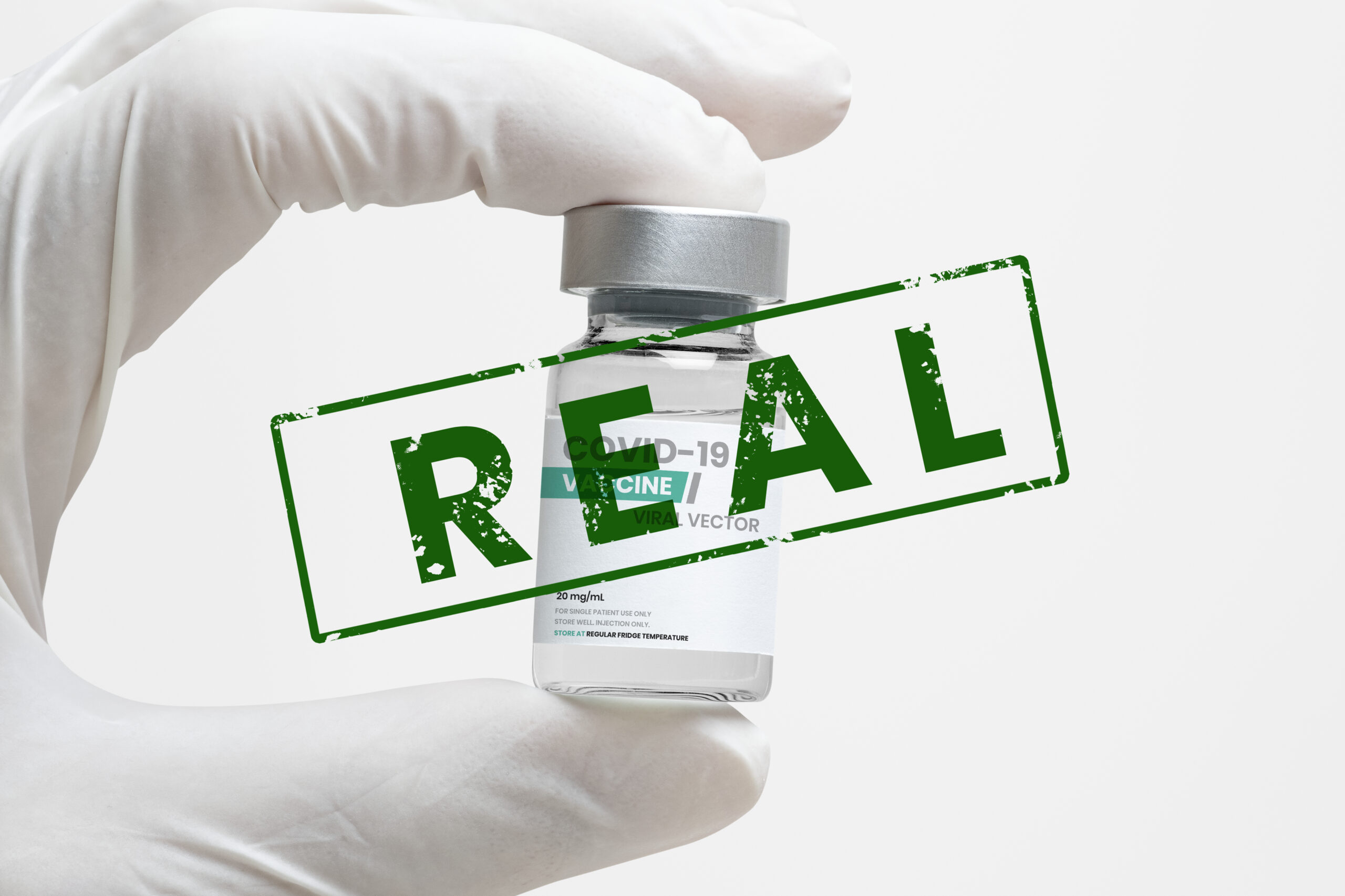Indian Ginseng, Withania Somnifera, and Indian Winter Cherry are some of the popular names for the wonder herb – Ashwagandha. This ayurvedic medicine is gaining widespread popularity as a natural alternative for addressing several health concerns. The question is, can we call this plant the next breakthrough for improving testosterone levels?
A few clinical studies and scientific reviews have explored the connection between ashwagandha and testosterone, suggesting that this traditional remedy may play a role in improving the body’s natural production of the male sex hormone. In this article, we’ll explore current research to determine how Ashwagandha benefits testosterone levels, and what to consider when using it as a supplement for hormonal support.
What is Ashwagandha?
Ashwagandha is an evergreen shrub found in parts of India, the Middle East, and Africa. While traditionally used in Ayurvedic preparations as a tonic, it is also available for use in powder form, tinctures, teas, and modern formulations like gummies.
Ashwagandha roots and leaves are rich in bioactive compounds called withanolides, which are primarily responsible for its therapeutic benefits. One of the key advantages of this shrub is a reduction in cortisol (the body’s stress hormone), which is why ashwagandha is classified as an adaptogen – a natural medicine capable of reducing stress and its potential impact on the body.
Clinical evidence supports its effectiveness as a stress reliever. For example, a 2021 review identified seven studies exploring ashwagandha as a treatment for stress and anxiety.
In these studies, after examining a total of 491 adults who used ashwagandha and a placebo for 6-8 weeks to manage different forms of stress and anxiety, results found that the herb significantly reduced stress and anxiety levels, reduced sleeplessness and fatigue, and reduced cortisol levels when compared to the placebo.
Ashwagandha and Testosterone: What’s the Connection?
For anyone curious about improving testosterone levels, many fingers point at ashwagandha as a natural alternative to achieving hormonal balance. In a 90-day study on 46 men with oligospermia or a deficiency of sperm cells in the semen – participants were given 675 mg of ashwagandha root extract per day in three doses for 90 days to evaluate potential sperm production. Not only did the test subjects report an increase in sperm count (by 167%), but their semen volume was enhanced by 53%, with testosterone levels improving by 17%.
Similarly, in an 8-week study involving 57 young male participants, one group consumed 300 mg of ashwagandha root daily, while the placebo group received starch. Both groups engaged in resistance training, and by the end of the study, researchers found that ashwagandha supplementation not only increased muscle mass and strength, but also improved testosterone levels.Check your symptoms today
Wondering if your symptoms are related to low testosterone? Take Adam’s quick questionnaire to find out.
Low T Assessment
Ashwagandha Effects on Testosterone
While there isn’t an exact science to understand how ashwagandha increases testosterone levels, there are a few pointers to explain the link.
Antioxidant properties
Ashwagandha has notable antioxidant benefits which can reduce inflammation, support heart health, and provide anti-aging benefits. Notably, this remedy can protect cells in the testes against oxidative damage caused by everything from poor diet to smoking and alcohol consumption.
Anti-stress
Not that we needed another reason to avoid stress, but prolonged/severe stressors can reduce testosterone production by suppressing the activities of the hypothalamic-pituitary-gonadal axis which releases testosterone as its end product.
As a potent adaptogen, ashwagandha can lower cortisol levels to limit the physical or physiological effects of chronic stressors.
How to Use Ashwagandha for Testosterone
Ashwagandha is available in various forms, including capsules, powders, tinctures, gummies, teas, topical creams, and even chews. When using, you may be curious to know if and by how much does ashwagandha boost testosterone levels. This supplement is believed to increase the body’s natural levels by 10-17%. Although there are no formally established dosages for safe use, it’s important to consult with your healthcare provider for guidance before incorporating ashwagandha or any health product into your routine.
How Long Does Ashwagandha Take to Work for Testosterone?
Again, while more research is needed to assess the safety and efficacy of ashwagandha for improving well-being, some evidence suggests that short-term use – around 2 to 4 months – of this herb, can potentially improve testosterone levels and sperm quality. Broadly speaking, ashwagandha is considered safe for use over short periods. Risks of Taking Ashwagandha for Testosterone
Most studies indicate that ashwagandha is generally considered safe for short-term use. However, a fewcases of liver damage or toxicity have been identified as potential risks, making this one of the most notable risks of taking this medication.
Most studies indicate that ashwagandha is generally considered safe for short-term use. However, a few cases of liver damage or toxicity have been identified as potential risks, making this one of the most notable risks of taking this medication.
In addition, there aren’t many long-term studies on its safety, so it’s largely unclear if prolonged ashwagandha use could lead to other health conditions over time. On the flip side, there’s also no strong evidence suggesting it could cause long-term harm.
For most people, short-term use is likely safe, but it’s important to practice caution, especially if you have other medical conditions or take medications, as interactions aren’t always well understood.
When You Should NOT Take Ashwagandha?
<р>While ashwagandha gets all the props for its wide range of health benefits, it isn’t always suitable for everyone. Certain conditions or situations can make taking this popular adaptogen risky for health and wellbeing. In particular, ashwagandha has been known to react with certain medications such as:
- Medications for diabetes
- Drugs for high blood pressure
- Therapies that decrease immune system response or immunosuppressants
- Sedatives
- Anti-seizure medications
- Thyroid hormone medications
- Can You Take Ashwagandha With Testosterone Replacement Therapy?
No, you should not take ashwagandha while on TRT
Most studies on ashwagandha and testosterone suggest it can increase T levels by 10-17% in the short term. However, this increase is insufficient to treat someone with low testosterone. Additionally, potential interactions between testosterone replacement therapy (TRT) and ashwagandha are not well understood, and the herb may interfere with blood results used to monitor testosterone levels. As with other testosterone supplements, we strongly advise against combining ashwagandha with TRT due to the uncertainties involved.



